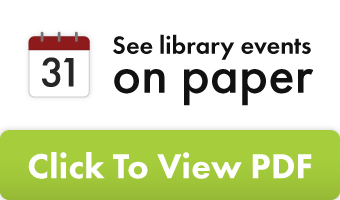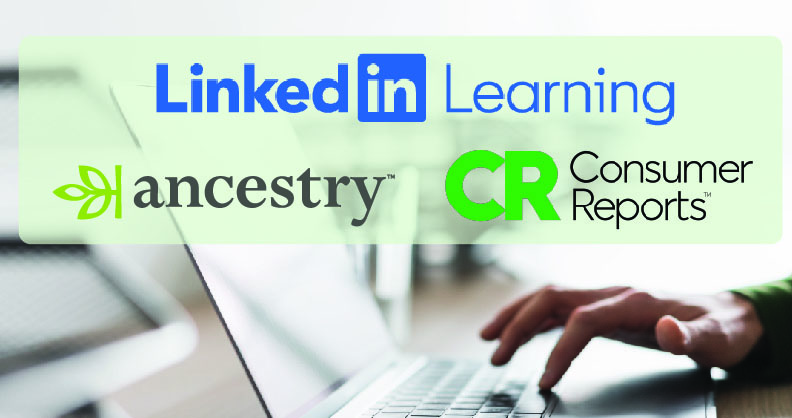Why National Disability Awareness Month Matters
by Eric Norris, Library Director

President Ronald Reagan established March as National Developmental Disabilities Awareness Month February 26, 1987. The proclamation was a call to recognize and celebrate people with disabilities and to encourage expanding opportunities for all people to reach their full potential.
Persons with disabilities have long been disregarded by employers, overlooked and ignored as customers and patrons. President Reagan’s proclamation signaled “significant changes in the public perception of young people and adults with developmental disabilities, opening new doors to independent and productive lives” by design and decree. Visit Ronald Reagan’s presidential online library to read the entire proclamation, reaganlibrary.gov.
President Reagan’s 1987 proclamation helped Congress move the Americans with Disabilities Act of 1990, ADA, forward. The ADA is a civil rights law prohibiting discrimination and harassment, and was foundational to secure persons with disabilities as a protected class founded on the Civil Rights Act of 1964.
“Disability Pride: Dispatches for a Post-ADA World,” by Ben Mattlin, a journalist, essayist and editor, explores the vibrant diversity of the ADA Generation, the generation having grown up with wheelchair ramps, Braille wayfinding signs, closed captioning and disability rights as a cultural norm. This book is not a history of the movement that led to the establishment of the ADA, but an exploration of disability rights activism since. Mattlin acknowledges the strides made to develop access and remove the physical limitations prior to ADA — he was born with spinal muscular atrophy, a congenital muscle weakness, and uses a wheelchair — but this book dives deeper.
Mattlin explores disability culture from the politics of beauty in fashion and pop culture to how the neurodiversity movement and autistic self-advocacy are changing assumptions of what it means to live along a continuum of abilities. He closes “Disability Pride” with a chapter titled “Trending or Truly Empowering?” and asks if what has been gained can be sustained and what the future holds. There are many new approaches in the fight for equity and parity, and this is an “inclusive reexamination of society’s treatment of those it deems different.”
For teen readers of the ADA Generation who might be looking for a role model or mentor, meet Alice Wong. Wong is a disabled activist, writer, editor, media maker, consultant and the founder and director of the Disability Visibility Project, “an online community dedicated to creating, sharing and amplifying disability media and culture,” disabilityvisibilityproject.com. In 2021, Wong updated a collection of essays and edited the release of “Disability Visibility (Adapted for Young Adults): 17 First-Person Stories for Today,” featuring reflections of 17 disabled individuals on the topics of being, becoming, doing and connecting.
Though many of the featured authors share distressing stories about what they’ve endured as people with disabilities, there is a strong current of humor and a determined sense of self throughout this anthology that will make readers challenge their own thoughts about disability, accessibility and ableism. Ableism is a social prejudice against people with disabilities based on the belief that archetypical abilities are superior.
“Disability Visibility” challenges readers to avoid viewing disabled persons as broken, or faulty and in need of being fixed. Readers are encouraged to view people with disabilities as members of a thriving community with its own history, culture and social importance. Wong also offers reassurance for young disabled people. “You are enough,” Wong writes. “Don’t let anyone ever make you feel less than or unworthy of love, access, attention and care. You deserve everything.”
Will you take a moment to reflect on your own experiences with disabilities? If you are interested in challenging your own thinking about what equality and parity mean in a world of diverse abilities and bodies, your Manhattan Public Library can help.
Visit the library for resources to discover stories and essays of the lived experience of past and present people with disabilities. Join the March Storywalk, which explores “We’re All Wonders.” Participate in our March 23 ReadMHK Disability Awareness book conversation. That’s why your public library is here, to create access to information and exploration so every person in our community can live as learners and know they belong. Visit mhklibrary.org to learn more.

